Nature reports
Publisher: NIOZ Royal Netherlands Institute for Sea Research
Page 4 of 7 - 66 Results
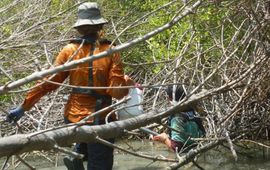
Along the Asian coastlines there are many areas where rural communities experience alarming rates of sea level rises due to land subsidence up to ten centimetres per year. This causes tremendous challenges on how to live there and..
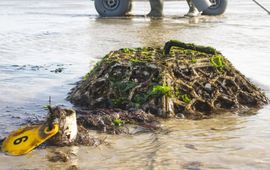
With 3D printed 'lampshades', made of biologically degradable material, NIOZ PhD candidate Daniel Varley and colleagues have found a successful formula to give oysters, mussels and other reef builders 'a kick-start'. Numerous..
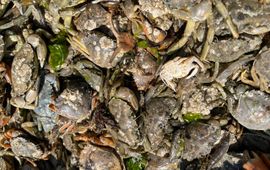
A herring in the North Sea, a crab in the Wadden Sea or an anemone fish on a coral reef, ... biologists like to think in terms of individual species that all have their own place within food webs in ecosystems across the world...
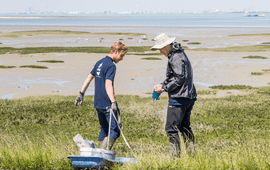
The expected increase in extreme weather could make the bottom of tidal flats more unstable. That's shown by NIOZ researcher Zhengquan Zhou in the PhD thesis he will defend at Utrecht University on September 7th. ..
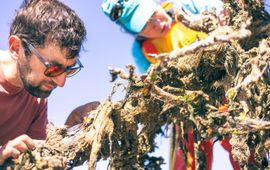
Artificial reefs in the Wadden Sea, made from discarded pear trees, are teeming with marine life after more than a year under water. That's shown in experiments by Jon Dickson, PhD candidate at NIOZ. "After four months, we already..
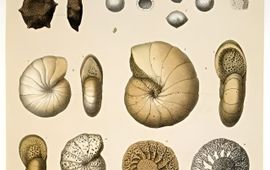
Over the past 500 million years, different single-celled organisms in the oceans have discovered at different times and also under very different conditions how to build a ‘shell’ around their single cell. “Six different..
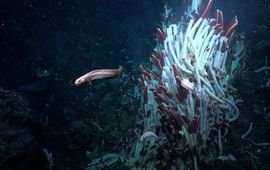
A new ecosystem has been discovered in volcanic caves beneath hydrothermal vents at a well-studied undersea volcano at 2.500 metres below sea level. Using an underwater robot, scientists overturned chunks of volcanic crust,..
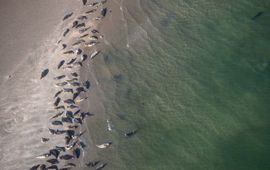
During the Covid-19 pandemic, many countries implemented social distancing measures, which significantly reduced transmission rates of the virus. A study now reveals that seals in the Waddensea also keep their distance, possibly..
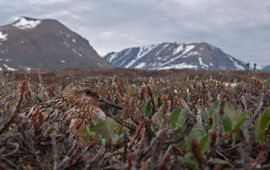
Sanderlings are having an increasingly difficult time on their breeding grounds in Greenland. This is not always because climate change is causing spring to start earlier and earlier there – as is often assumed – but rather..
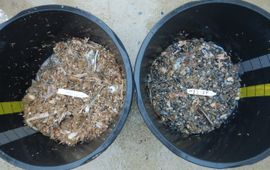
The Netherlands extracts a lot of sand from the North Sea for all kinds of purposes. However, more and more sand has to be extracted, which means that sand extraction pits have to be dug ever deeper. Previously up to about two..
